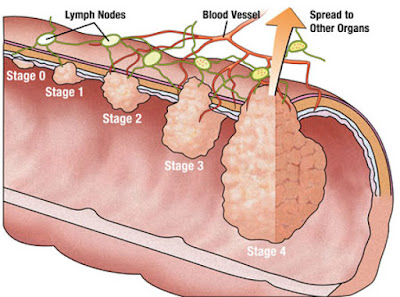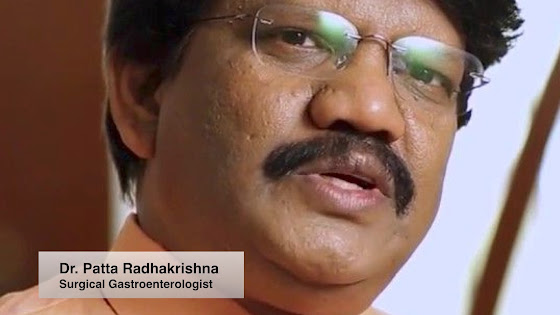Colorectal cancer is a form of cancer affecting the colon and rectum, which are components of the digestive system. They might begin either in the colon or rectum and have similar symptoms. However, the treatment for these cancers differs based on their origin. Cancer often creates an aura of fear but with timely treatment, most cases of the disease can be managed.
The colon and rectum together constitute the large intestine. While colon is a muscular tube of about 6 foot, which originates at the end of the small intestine, rectum has a length of about 8 inches and connects the anus with colon. Colon and rectum help in the processing and excretion of waste from our body.
Colorectal cancer is characterised by abnormal cell growth in the form of polyps or tumours. The polyps usually occur in two types, as adenomas or intestinal polyps and hyperplastic polyps. Some of these polyps might be benign.
SIMS offers you the service of the best gastrosurgeon in India for the successful treatment of different gastroenterology diseases. They are also widely acknowledged for advanced colorectal surgery in Chennai.
Causes of colorectal cancer
Colorectal cancer can occur due to a number of reasons such as hereditary, smoking, excess alcohol consumption, due to a diet that is too rich in animal protein and so on. Factors such as age, obesity, lack of physical activity and Type 2 diabetes are known to contribute to the condition as well.
Irritable bowel syndrome, Crohn’s syndrome, ulcerative colitis, Lynch syndrome and untreated polyps are also known to lead to the disease.
Symptoms of colorectal cancer
Some of the symptoms colorectal cancer includes the following: -
- Rectal bleeding or cramping
- Urgency in bowel movement
- Constipation or diarrhoea
- Thin, long or pencil like stool
- Blood in stool
- Abdominal bloating
- Vomiting and unexplained weight loss
- Unexplained deficiency in iron
Treatment for colorectal cancer
The treatment for colorectal cancer is done after a diagnosis of the disease. The various diagnosis tests include faecal occult blood test, stool DNA test, colonoscopy, barium enema x-ray, MRI, ultrasound and so on. The treatment includes different procedures such as surgery, radiation and chemotherapy depending on the condition of the patient.
Visit Us : www.thegastrosurgeon.com
Mail Us : gastrosurgeonchennai@gmail.com






